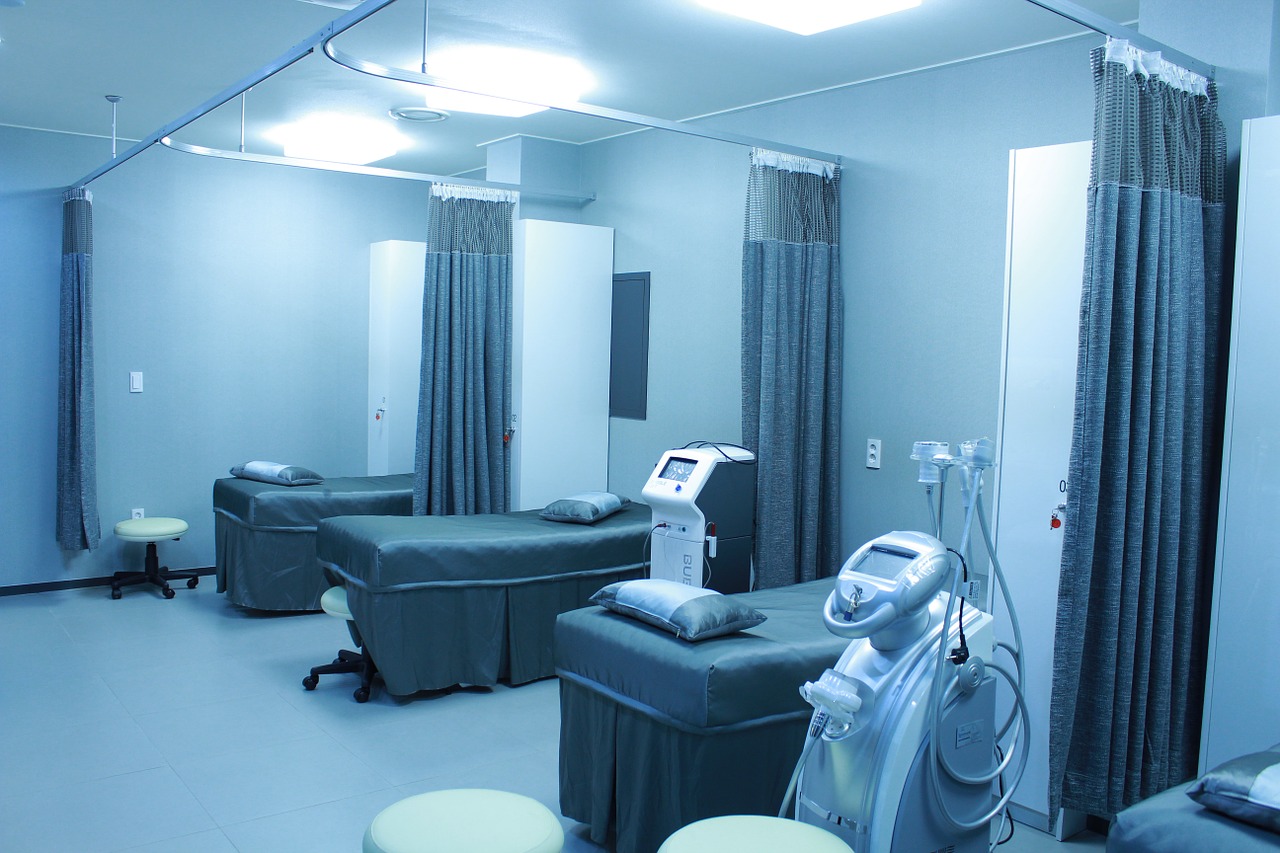The medical equipment sector is increasingly choosing to use a novel type of bearings made exclusively of zirconia (ZrO2) as well as other exotic ceramic compounds. These have a hefty price tag, so the decision to invest in them must be well-substantiated and carefully planned, especially when it comes to health institutes that have to juggle their operations in the context of tight budgets. So, what is it in ceramic bearings that make them so ideal for medical deployment?
- Ceramics don’t react to chemicals, and there are numerous harsh substances used in hospitals for sterilization or other purposes. No matter what may fall upon these bearings, they will not be changed, corroded, or weakened in any way.
- Ceramic bearings don’t require lubrication to run, so they don’t need maintenance and also reduce the risk of contamination. Contamination is an issue not only for health and safety but also for labs that perform very sensitive tests.
- These materials are in compliance with strict medical regulations like low noise and non-magnetic properties. For example, MRI scanners cannot afford to have magnetic interference, otherwise, their test results would be rendered inaccurate and thus useless.
- Ceramics are very hard, have high dimensional stability, and low density (are light).
Does this mean that ceramic bearings will phase out everything else used in hospitals? Not quite. There are still certain applications where the speed and precision of steel are crucial, like in surgical robots for example. And then again, there’s the issue of cost, which is one that cannot be overcome easily.
Ceramics are ideal for a wide spectrum of medical applications and equipment, but if there are other viable options like plastic and polymers (ether ketone or polytetrafluoroethylene), they are often preferred. The good thing is that medical equipment makers themselves are increasingly opting for the ceramics choice, and so they still find their way into hospitals, even involuntarily.







